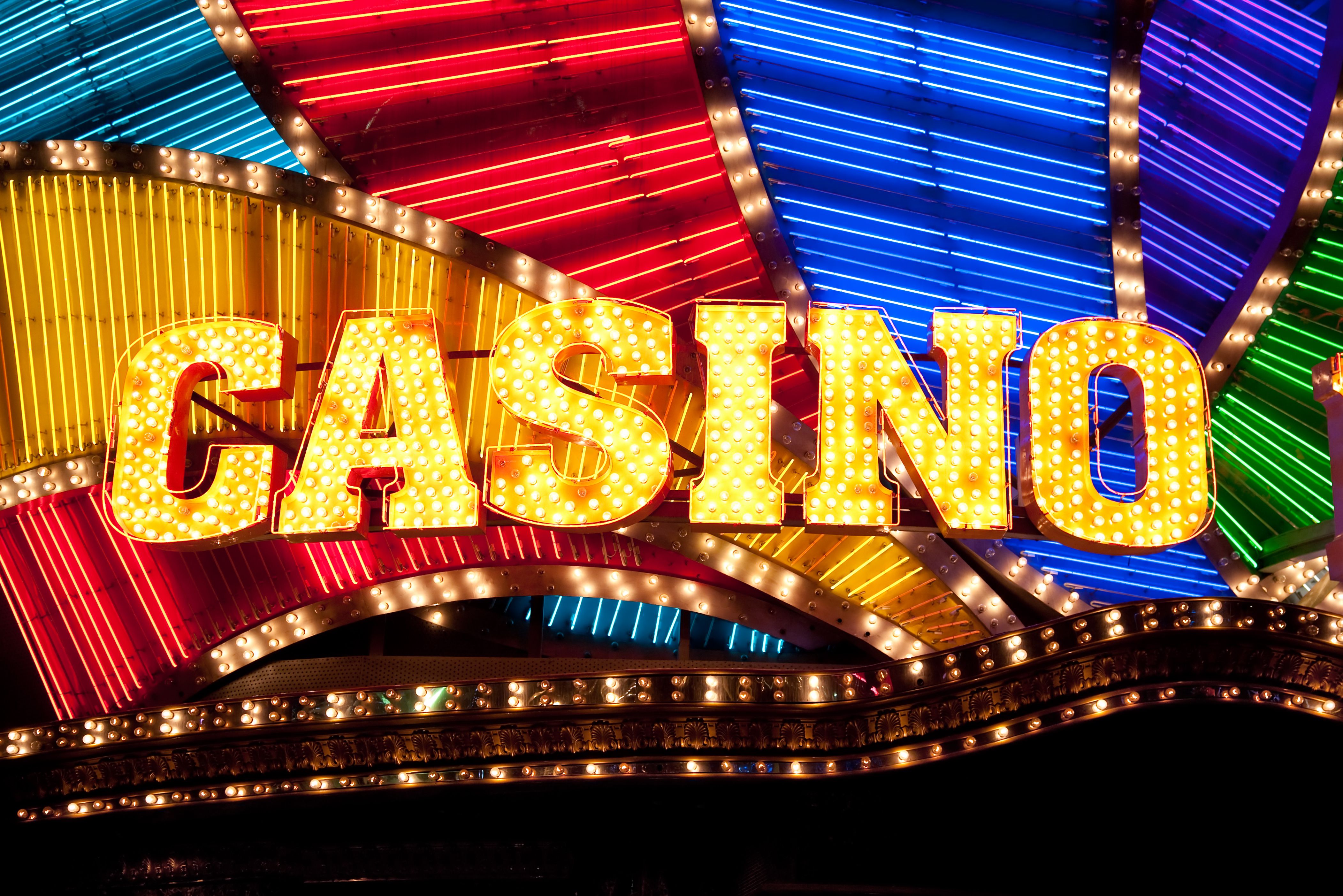
Casino games have long enthralled players from all walks of life, drawing them into vibrant casinos filled with the noises of spinning wheels, clattering chips, and cheering crowds. The thrill of chance and the allure of potential winnings create an exhilarating atmosphere that keeps gamblers coming for more. Whether it is the excitement of a slot machine, the thoughtful play of poker, or the anticipation of a roulette wheel, casino games offer a distinct combination of fun and risk that can be hard to resist.
At the heart of this fascination lies a psychological pull that varies from person to person. For some, the rush of hitting a jackpot can elevate their mood, while for others, it’s a social experience that brings friends together. The colorful visuals, engaging sounds, and sometimes lavish environments of casinos greatly improve the appeal, making each visit an adventure waiting to unfold. As we explore why gamblers are drawn to these games, we uncover the underlying motivations and emotions that fuel their love for the betting tables.
Understanding Gambling Psychology
The appeal of casino games frequently stems from the nuanced psychology of gambling itself. Many people are attracted to the excitement of risking money for the chance of winning more, as it taps into a deep-seated human desire for thrill and reward. This rush can create a profound emotional experience. The combination of risk and potential monetary gain can trigger a release of dopamine, making players feel alive.
Furthermore, the design of casino games is crafted to keep players interested. The use of bright lights, enticing sounds, and the social atmosphere of casinos can heighten the excitement. Players often find themselves submerged in these settings, where the expectation of a win keeps them coming back for more. This sensory engagement encourages extended play, as the instant feedback from wins, however insignificant, reinforces the desire to keep playing.
Finally, cognitive distortions play a major role in gambling behavior. Many individuals fall prey to the belief in control, believing they have power over outcomes even in games of chance. This belief can lead to overconfidence and the propensity to keep playing, despite rising losses. Additionally, gamblers typically remember their wins more clearly than their losses, which can skew their viewpoint and enhance the desire to continue gambling. This multifaceted interplay between emotions and cognitive factors helps explain why so many are drawn to casino games.
A Appeal of Gambling Settings
The atmosphere of a gaming venue is uniquely enchanting, drawing in bettors with its mix of thrill and eagerness. The visuals and auditory experiences of twirling slots, cheering players, and the repetitive clatter of chips create an immersive experience that is challenging to pass up. The vibrant illuminations and animated arrangement foster a sense of energy that keeps players involved and invites them to stay longer. This contagious setting contributes to the overall allure of gambling activities, enticing both novice and veteran bettors alike.
Furthermore, gaming establishments are crafted to engage the senses in a fashion that makes gamblers feel as though they are starting on a fantastic journey. The purposeful arrangement of gaming options, inviting chairs, and on-the-house snacks enhance the overall attraction, making players feel valued and spoiled. Many gaming centers also incorporate artistic decorations and elaborate themes that transport visitors to diverse realms, amplifying the excitement. Such atmospheres foster a feeling of liberation, allowing players to disregard their everyday lives and immerse into the exhilarating world of risk.
Finally, the aspect of fellow players amplifies the social aspect of gambling, creating a shared thrill. Connections among gamblers, either through light-hearted conversation or shared joy during a significant win, cultivate a notion of bonding that many find tempting. This interpersonal connectivity enhances the experience of participating in gaming activities, transforming it from a individual endeavor into a collective experience. The combination of excitement, engaging atmospheres, and interpersonal connections makes casinos an irresistible destination for players looking for recreation and a chance to gain.
Comprehending Casino Dynamics
Gambling games are crafted with specific mechanics that draw in players. Every game has its specific set of rules, wagering schemes, and probability ratios, allowing players to engage with the game on diverse levels. The thrill of making a bet and the anticipation of the outcome creates an electric atmosphere. nohu Comprehending these mechanics can deepen a player’s appreciation for the game and enhance their overall experience.
A further crucial aspect of game mechanics is the concept of randomness. Many casino games, especially video slots and table games, rely on RNGs or shuffling to determine outcomes. This randomness is what keeps players coming back; the unpredictable nature of the game creates a feeling of possibility and excitement. Knowing that each play or turn is independent of the last contributes to the appeal, as players believe they have a chance at winning, regardless of past outcomes.
In conclusion, the emotional response related to game mechanics should not be neglected. The excitement of a major payout or the tension during decisive moments are essential to the enjoyment of casino games. Such emotional highs and lows exploit psychological triggers that keep players engaged for extended periods. Understanding these emotional responses to game mechanics can help explain why so many are attracted to the thrill of casino games, continually seeking that next exhilarating moment.